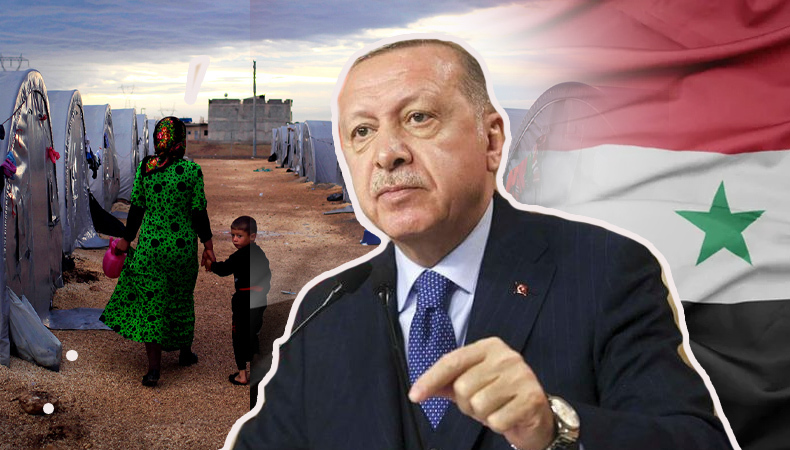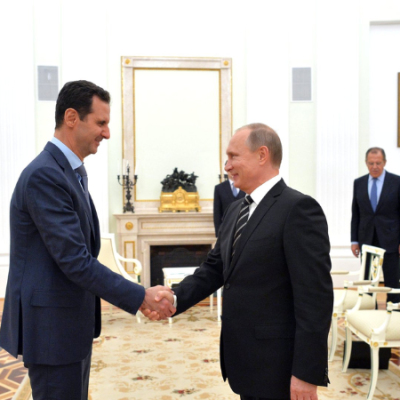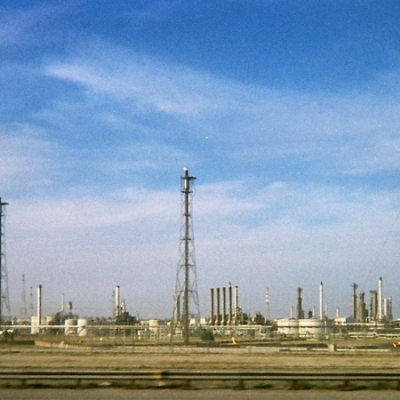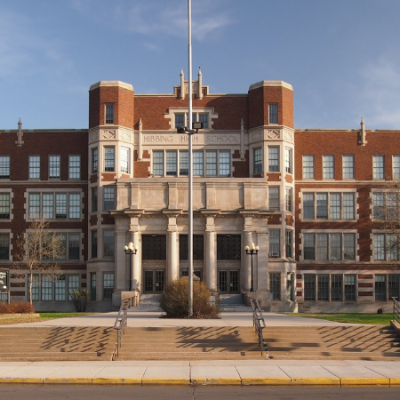Turkey’s Erdogan Faces Struggle to Meet Syrian Refugee Promise

President Tayyip Erdogan’s promise to repatriate one million Syrian refugees has gained attention as he secured his third decade in power. However, the ongoing conflict in neighbouring Syria poses significant challenges to fulfilling this commitment. Erdogan’s emphasis on refugee repatriation during the election campaign stirred alarm among the 3.4 million Syrians residing in Turkey, where resentment towards them is growing. Many refugees come from areas in Syria controlled by President Bashar al-Assad, expressing their inability to return as long as he remains in power. This article examines Erdogan’s plans, the security concerns of Syrian refugees, and the potential obstacles to achieving the ambitious goal of repatriation.
Also Read – What does Erdogan’s Reelection mean for Turkey’s Foreign Policy Goals?
Erdogan’s Plans and Turkey’s Involvement in Northwest Syria
Erdogan’s plans for repatriation involve building new housing in the rebel-held northwest region of Syria with the assistance of Qatar. This area is protected by Turkish troops, who have deterred attacks by the Syrian government. By focusing on the opposition-held region, Erdogan aims to strengthen Turkey’s commitment and influence in the area. However, this approach contradicts Assad’s demand for a withdrawal of Turkish forces, posing challenges to rebuilding ties between the two nations.
Growing Resentment and Security Concerns
Resentment towards Syrian refugees has been increasing among Turkish voters, considering Turkey hosts more refugees than any other country. Erdogan’s decision to make refugee repatriation a centerpiece of his Syria policy has elevated the issue’s importance, alongside concerns about Syrian Kurdish groups at the border. However, many Syrian refugees in Turkey find the prospect of returning unappealing due to security concerns and the unstable conditions prevailing in the northwest region of Syria.
Challenges and Slow Progress in Rebuilding Ties with Assad
Turkey has shifted its diplomatic course on Syria, reopening channels to Assad in an attempt to secure refugee returns. However, the process of reconciliation is progressing slowly, reflecting Turkey’s deep involvement in a country where Russia, Iran, and the United States also have forces on the ground. Analysts believe that Turkey is unlikely to agree easily to Assad’s demand for a withdrawal timetable, as it could trigger a wave of refugees fleeing towards Turkey.
The Defeat of Kilicidaroglu and Voluntary Return
Many Syrian refugees in Turkey were relieved by Kemal Kilicidaroglu’s defeat, as he initially expressed plans to discuss refugee returns with Assad after reinstating relations. He later shifted his stance, vowing to send all migrants back to their countries. Erdogan’s chief foreign policy adviser, Ibrahim Kalin, stated that Turkey aims for a safe, dignified, and voluntary return. International refugee law stipulates that all returns must be voluntary.
Also Read – Turkey’s electoral board confirms first-round election results
President Erdogan’s promise to repatriate one million Syrian refugees faces significant challenges due to the ongoing conflict and security concerns in Syria. While Erdogan has emphasized building new housing in the rebel-held northwest region, the overall economic situation remains uncertain, making large-scale return difficult to arrange. Rebuilding ties with Assad and addressing Turkey’s deeper involvement in Syria pose additional obstacles to fulfilling the ambitious repatriation goal. The election victory of Erdogan and the defeat of Kilicidaroglu indicate continuity in Turkey’s migration policies, but the voluntary return of refugees remains a crucial aspect that must be upheld according to international refugee law.



